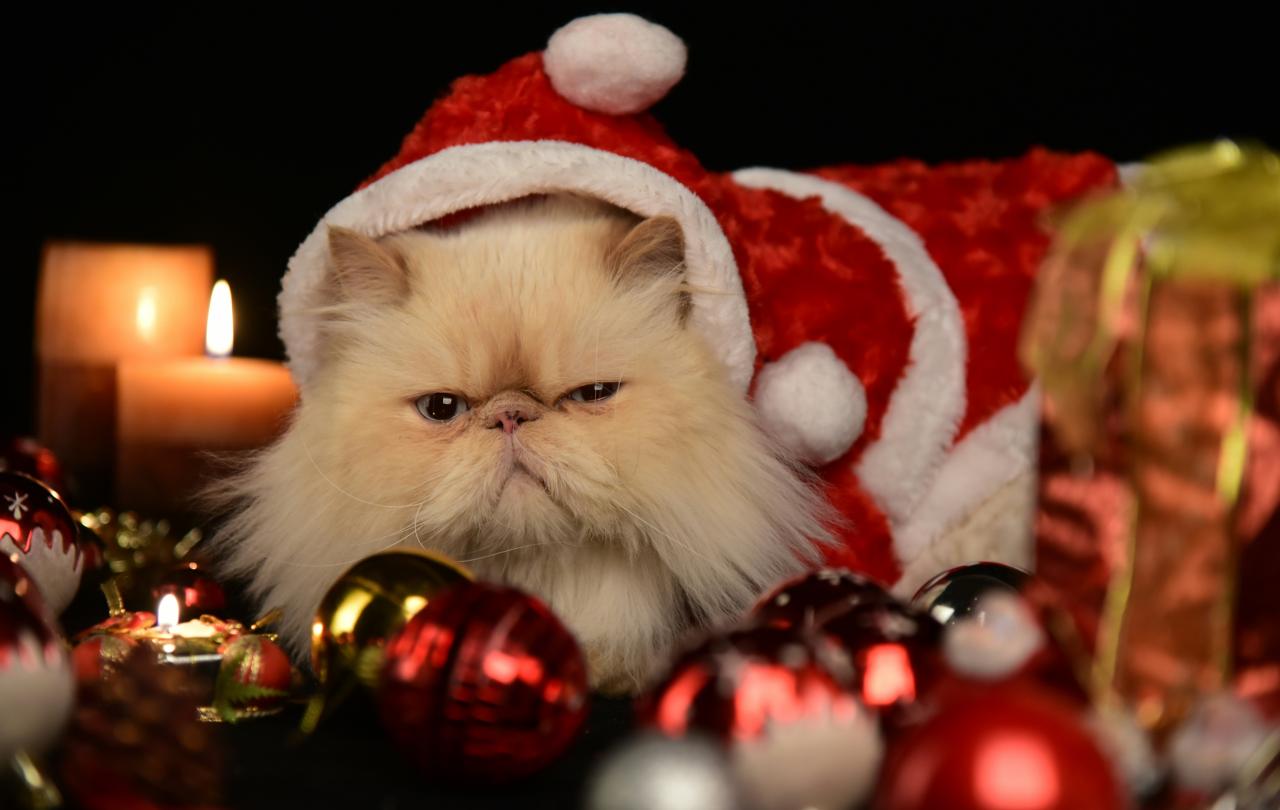
Can I begin by sharing an embarrassing secret?
Every year I find Christmas… a disappointment.
This is because it turns out that I’m still basically a 10-year-old, and I still, in the core of my being, believe that the presents under the tree are going to be the key to the lasting happiness I seek.
And, not only that, but I am also convinced that somehow all the candles, and the nostalgia, and the Christmas specials of Call the Midwife, will add up to some glorious, mulled wine inspired transcendence.
Now I know all this is nonsense.
I know that low expectations are the key to enjoying family holidays; that the presents are tokens of love, and sometimes obligation, which aren’t supposed to complete me.
And yet, on Boxing Day there is always this sensation of anti-climax.
The presents have been opened, and the people I love have done their best, and sometimes given me truly creative and thoughtful presents, but none of them are the specific thing I secretly craved.
And the carols were stunning, and candlelight does make everything and everyone beautiful, and I cried at Call the Midwife, but I’m still me, with all my ambivalence and endless need and childish self-regard.
The most wonderful time of the year has come and gone, and not much has changed.
Which gets me thinking about that first Christmas, and how anti-climactic, in some ways, that was too.
Christians believe that the birth of this particular baby in that particular stable, was a key turning point in all history, as God entered the world in human form, coming to rescue his people and restore humanity.
But in the short term, how much actually changed?
Mary and Joseph still faced the overwhelming task of keeping a new-born alive, in a stable far from home.
The shepherds and the wise men seem to have wondered back to their respective lives, and are never heard from again.
And evil still rages unchecked. The story doesn’t make it into many Nativity plays (strangely enough) but the next episode in the narrative is truly horrific – Herod, the paranoid ruler massacring all the babies in Bethlehem in a futile attempt to eliminate the new-born king.
The light shineth in darkness, as we hear in the stunning final reading of Carol services, but the darkness comprehended it not.
Christmas came and went, and the world kept turning.
Christian faith always has to contend with this reality – that not much may change. And so for me there is actually hope in the recognition that the bible includes quite a lot of reality – quite a lot of disappointment, and non-transformation, and outright evil – in its telling of the entrance of God into the world.
And yet, and yet. I also believe that that baby, that birth, that Christmas, really did sow concrete seeds of change into the midst of the darkness and disappointment.
The darkness may not have comprehended the light, but neither could it overcome it.
And somehow, the light shines still, even amidst the piles of wrapping paper and washing up and reminders of human failure that fill our post-Christmas days.
Happy boxing day!
Join with us - Behind the Seen
Seen & Unseen is free for everyone and is made possible through the generosity of our amazing community of supporters.
If you’re enjoying Seen & Unseen, would you consider making a gift towards our work?
Alongside other benefits (book discounts etc.), you’ll receive an extra fortnightly email from me sharing what I’m reading and my reflections on the ideas that are shaping our times.
Graham Tomlin
Editor-in-Chief




